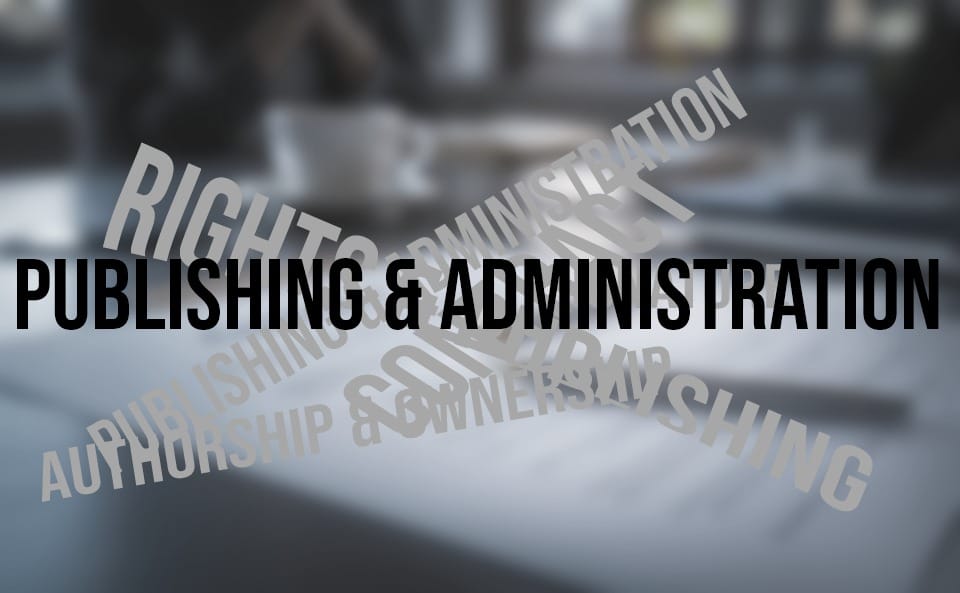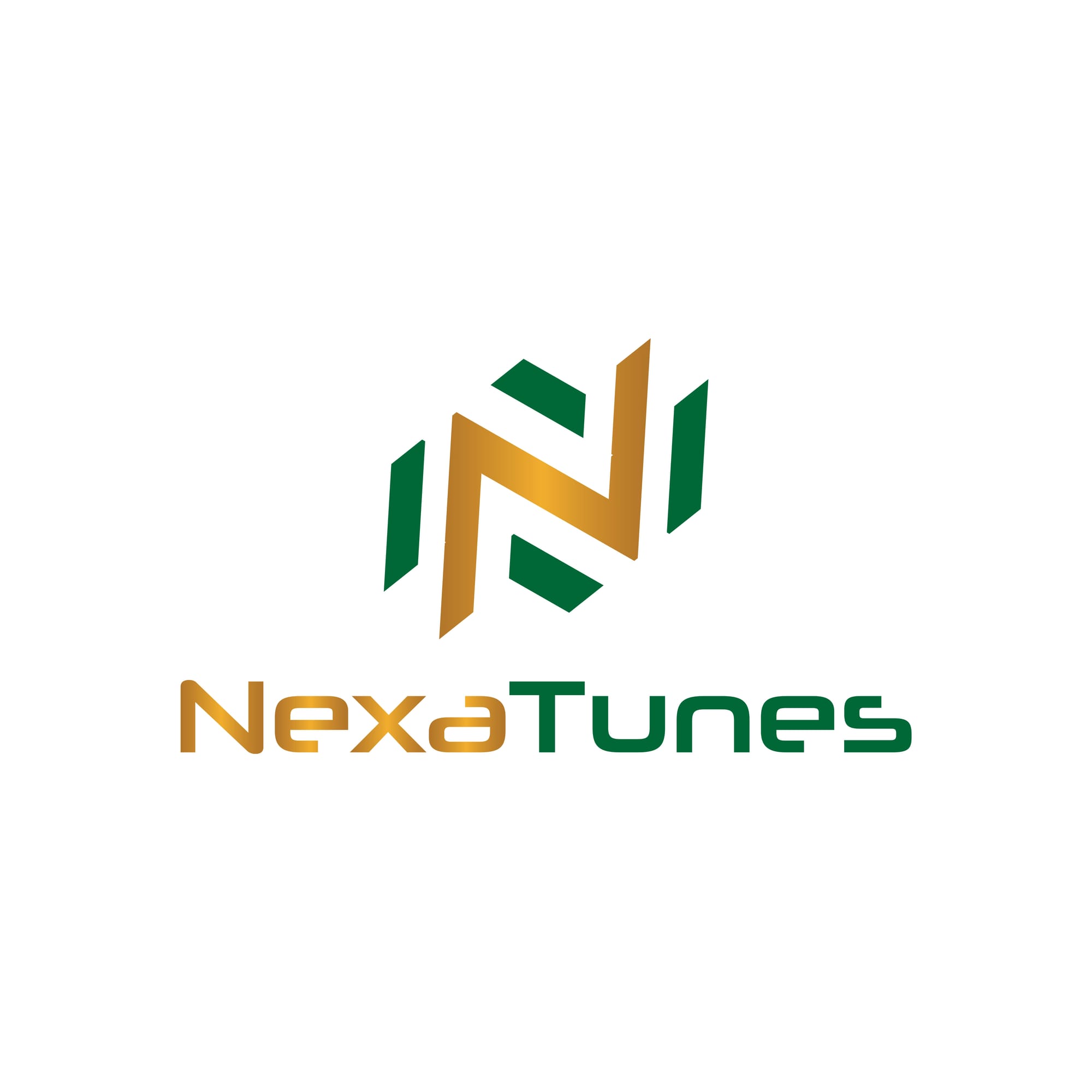Understanding Music Publishing Deals

And How to Avoid the Ones That Might Hurt You
What Is a Music Publishing Deal?
At its core, a publishing deal is an agreement between a songwriter (or rights holder) and a publisher, who takes care of managing, monetizing, and protecting the writer’s compositions.
This includes:
- Registering works with collecting societies (like GEMA, PRS, BMI, etc.)
- Pitching the songs for sync (film, TV, ads, games)
- Collecting and distributing royalties
- Ensuring the song is credited and protected internationally
In return, the publisher takes a percentage of the income – usually from the publisher’s share, not the writer’s.
Types of Publishing Deals – Know the Difference
There’s no such thing as “the” publishing deal. There are different structures, each with their own risks and benefits.
1. Admin Deal (Administration Deal)
- You keep full ownership of your songs
- The publisher registers them and collects royalties on your behalf
- Typical split: 10–20% to the publisher
- Usually non-exclusive and time-limited
Best for: DIY artists who want help with global collection but stay independent
2. Co-Publishing Deal
- You assign part of your rights to the publisher (often 50% of the publisher share)
- The publisher actively pitches your music (e.g., for sync) and may give you an advance
- They become a partial rights holder - Risk: long-term contracts, difficult to exit
Best for: professional songwriters looking for career partnerships
3. Full Publishing Deal
- The publisher owns and controls 100% of your publishing rights
- Often includes advances, minimum delivery obligations, and exclusivity
- You may lose long-term control. - Often risky unless backed by a strong, transparent partner
What to Watch Out for (Red Flags)
When reading a publishing deal, these are the areas to double-check:
- Duration – Is it 1 year? 3 years? Perpetual? Is there an exit clause?
- Territory – Worldwide? Only certain countries?
- Advance – If you’re getting upfront money: Is it recoupable? Are you stuck until it’s paid back?
- Royalty split – What % do they take from your publisher share?
- Sync rights – Do they have exclusive sync rights? Can you say no to placements?
- Performance clause – Do they have to do anything (e.g., get syncs, collect royalties)? Or can they just sit on your catalog?
If anything sounds vague or one-sided, don’t sign until you’ve asked questions – or had it reviewed.
Do You Even Need a Publisher?
Not always.
If you:
- release music independently
- use a good distributor
- register your works yourself
- and aren’t actively pitching to film/TV
… you might be better off with self-publishing + admin support from platforms like Songtrust or a small, transparent partner.
But if you’re writing for others, seeking sync placements, or working in teams – a reliable publishing partner can be a big win.
What Labels Should Keep in Mind
If you run a label that also offers publishing :
- Make it opt-in, not automatic – or at least allow exceptions
- Always clarify: Who owns what, and what’s being administered
- Keep your publishing contracts separate from the master agreements, or clearly split them within
- Educate your artists: A fair publishing deal should generate royalties, not just hold rights
Summary
Publishing deals aren’t inherently good or bad – but some are predatory, and others are just outdated.
Know what you’re signing. Know what you’re giving up.
And most importantly: make sure you understand how (and if) the publisher is working for you.
NexaTunes – structured support for independent releases.
Get in touch for more information using our livechat
